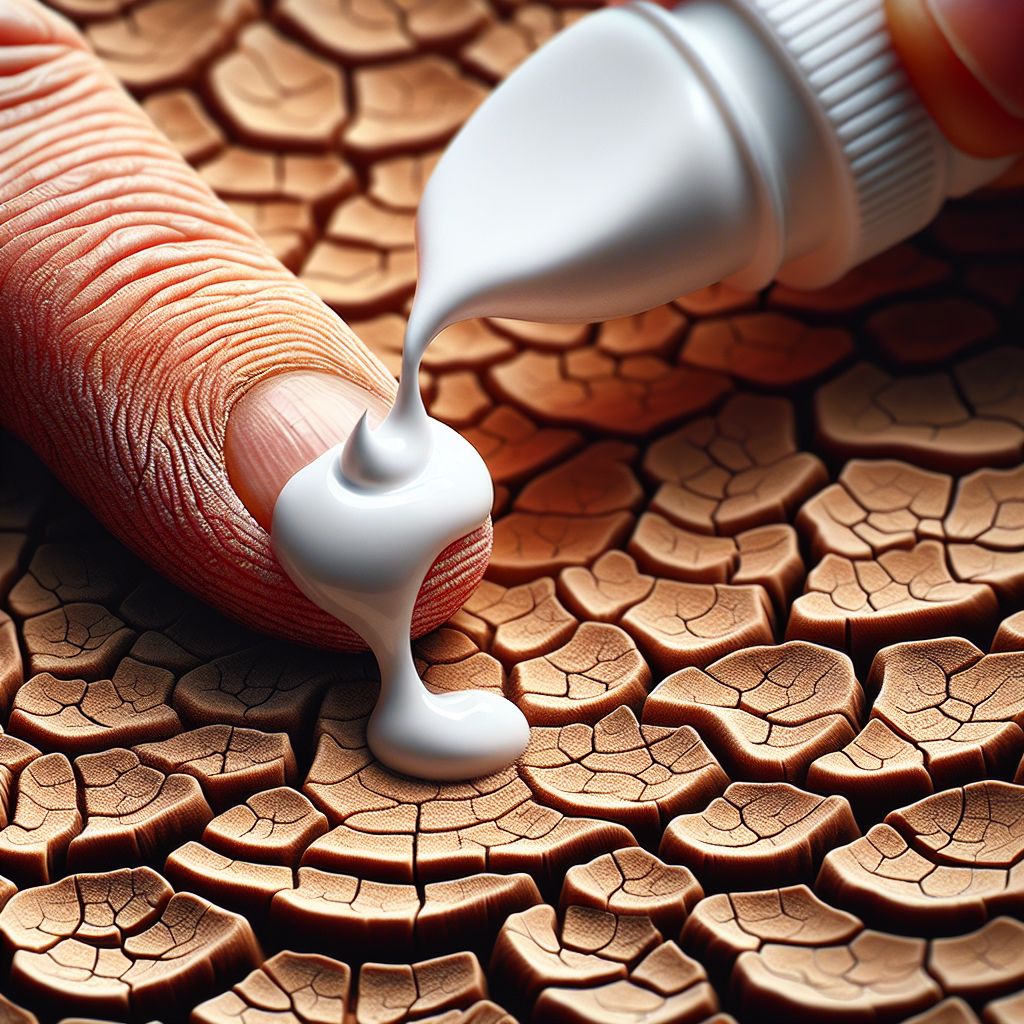As the mercury dips and the harsh winds pick up, our skin often bears the brunt of the changing seasons. Cold weather can be a formidable enemy to our skin’s health, causing issues ranging from dryness and flaking to eczema and worsening of chronic skin conditions. However, with the right strategies and care, you can maintain and even improve your skin’s health during these chilly months. This comprehensive guide will walk you through the best practices for cold weather skin care, ensuring your skin stays healthy, resilient, and radiant even as the temperatures fall.
Understanding Skin’s Reaction to Cold Weather
Our skin, the body’s largest organ, acts as a barrier against environmental elements. In cold weather, this barrier is compromised due to reduced humidity levels and the drying effects of indoor heating. This can result in the loss of moisture and the breakdown of the skin’s protective lipid barrier, leading to dryness, irritation, and sensitivity.
To combat these effects, it’s crucial to develop a skin care regimen that emphasizes hydration and protection. Just as cardiovascular health requires a seasonal approach to account for the varying demands of the body, skin health necessitates a tailored plan to address the unique challenges posed by colder climates.
Hydration: The Foundation of Winter Skin Care
One of the most effective ways to maintain skin health during winter is to keep it hydrated. The use of heavy moisturizers and creams can help lock in moisture and repair the skin’s barrier. Look for products containing hyaluronic acid, glycerin, and ceramides, which are known for their powerful hydrating properties. As mentioned in "Choosing the Best Moisturizers for Different Skin Types," it’s important to select a moisturizer that’s suited to your skin type for optimal results.
The Role of Diet and Hydration
Internal hydration is just as crucial as topical treatments. Drinking ample water and consuming hydrating foods can significantly impact skin health. Foods rich in omega-3 fatty acids, like salmon and walnuts, can support skin health by maintaining its lipid barrier, as discussed in "The Best Anti-Inflammatory Foods for Skin Health."
Furthermore, integrating foods with high water content such as cucumbers, oranges, and apples can assist in maintaining hydration levels from within. For more on the connection between diet and skin clarity, refer to "The Interconnection Between Digestive Health and Skin Clarity."
Adjusting Your Skin Care Routine
As you transition from warmer to colder months, your skin care routine should also shift. While lighter lotions and serums may suffice during the summer, winter calls for richer formulations. "Personalizing Skin Care Products for Unique Skin Types" offers guidance on how to tailor your skin care regimen to your specific needs during the cold season.
Protecting the Skin Barrier
Protection is key when it comes to winter skin care. The skin’s barrier is its first line of defense against external irritants. To bolster this barrier, incorporating products with essential fatty acids and antioxidants can be beneficial. Additionally, even in winter, sun protection remains vital. Choose a broad-spectrum sunscreen to shield your skin from harmful UV rays, which can penetrate clouds and reflect off snow.
Embracing Gentle Skin Care Practices
Harsh peels and exfoliants can strip the skin of its natural oils, exacerbating dryness and irritation. Instead, opt for gentle exfoliating methods and avoid over-washing your face. The article "The Benefits of Regular Facial Cleansing for Skin Health" emphasizes the importance of a balanced cleansing routine that doesn’t compromise the skin’s integrity.
Addressing Extremities
It’s not just facial skin that requires attention during colder months; hands, feet, and lips are also prone to dryness and cracking. Wearing gloves, using thick foot creams, and applying lip balm can provide targeted care to these areas, ensuring comprehensive skin protection.
Advanced Skin Care Strategies
For those seeking more intensive skin care solutions, professional therapies can offer long-term benefits. Treatments such as LED light therapy, microdermabrasion, and hydrating facials can improve skin texture and resilience, as outlined in "Professional Skin Care Therapies and Their Long-Term Effects."
The Importance of Regular Check-Ups
Regular skin evaluations by a dermatologist are essential for early detection of potential issues. Developing a "Skin Health Check Routine for Early Detection" can play a key role in maintaining skin health and addressing any concerns promptly before they worsen due to cold weather stressors.
Conclusion
Cold weather need not spell disaster for your skin. By understanding the unique challenges it presents and implementing a comprehensive skin care strategy, you can maintain and even enhance your skin’s health throughout the winter months. Embrace these cold weather skin care strategies, and watch as your skin remains as radiant and resilient as ever, despite the chill in the air.
For more specialized resources on cold weather skin care, you may find the following websites helpful:
- National Eczema Association for guidance on managing eczema in cold weather.
- American Academy of Dermatology for expert advice on protecting skin against harsh winter conditions.
- Skin Cancer Foundation for tips on sun protection during the winter season.
- International Dermal Institute for professional insights on skin care techniques and treatments.
Remember, a little effort goes a long way in preserving your skin’s health and beauty, no matter the season.



